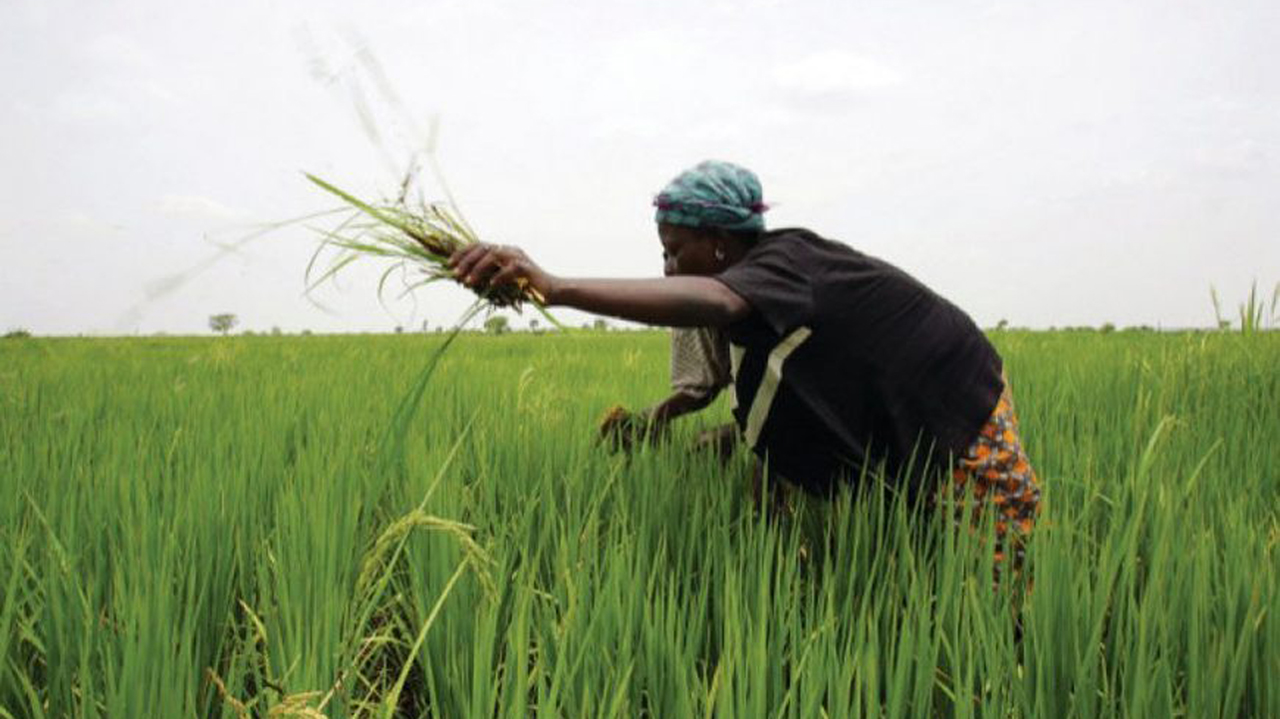Mr Musa Seriki, an agriculture expert with International Fund for Agricultural Development (IFAD), has attributed the increasing cost of local rice to rising cost of production and insecurity in some parts of the country.
Seriki, who is in charge of IFAD Rural Finance Office for Value Chain Development Programme (VCDP), disclosed this to the News Agency of Nigeria (NAN) in Enugu on Thursday.
He spoke on the sidelines of the Federal Government/IFAD three-day capacity building programme for insurance suppliers and other value chain actors in Anambra, Ebonyi, Enugu and Ogun states.
The capacity building is with the theme: “Capacity Building/Technical Assistance Support to IFAD Value Chain Development Programme (VCDP) Financial Suppliers and Other Value Chain Actors on Agriculture Insurance Processes for Smallholder Farmers and Stakeholders.”
Seriki also said that the increase in demand for local rice to achieve other value chains had put pressure on the demand for the commodity, leading to price increase.
According to him, the current rate of foreign exchange has led to inflation, thus affecting the chances of buying quality inputs for local rice production.
This, he said, had also made it difficult for rice farmers to get the inputs and expand their production capacities.
“Another is the issue of insecurity, especially the frequent farmer-herder clashes in some part of the country.
Related Articles
“Insecurity, in this respect, has forced some farmers out of business, while some have lost hectares of rice farms due to activities of cattle on their farmlands.
“There is also a new development, where the local rice is being used for some things other than normal consumption.
“So, all these have reduced supply while the demand keeps increasing. Thus, it is natural that the price will gradually go up at the end point, which is the local markets,” he said.
The agriculture expert urged the Federal Government, through the Central Bank of Nigeria, to check naira fluctuation relative other international currencies.
He also called on the apex bank to ensure more intervention in local agricultural production of more staple foods, such as rice.
“IFAD and various levels of government, especially state governments, are currently fashioning out modalities to check farmer/herder clashes as soon as possible and possibly check local factors leading to such clashes.
“At the various programme steering committee level of IFAD intervention programmes, we are meeting with the federal government, through the Federal Ministry of Agriculture, to further discuss on how to tackle farmer/herder clashes,” he said.
NAN reports that a total of 60 participants from the four states are currently attending the programme.








